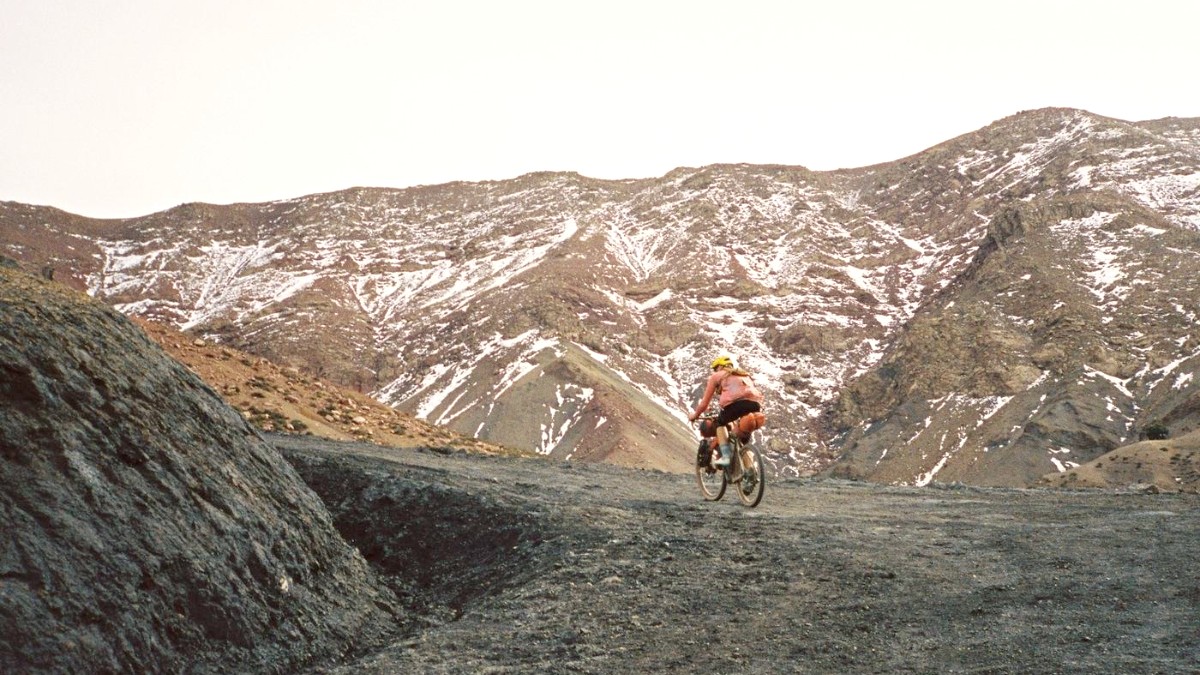
Tunisia
Support local conservation efforts and respect the coastal environment and marine life. National parks exist elsewhere in Tunisia.
Recycling infrastructure is limited. Strive to reduce your waste as much as possible. Dispose of waste in designated bins.
Tunisia is a water-scarce country. Be mindful of your water usage, especially in hotels. Take shorter showers.
Opt for sustainable practices and support businesses that prioritize environmental responsibility.
Seek out hotels or guesthouses that demonstrate a genuine commitment to environmental sustainability. This could mean using solar power or reducing plastic consumption.
Consider offsetting the carbon emissions from your flights through reputable carbon offset programs. Many airlines present this option directly during booking.
Choose tour operators that prioritize ethical practices, community engagement, and environmental protection. They often focus on small group travel and local experiences.
Support local artisans directly when buying souvenirs to preserve traditional crafts and avoid mass-produced items.
Participate in beach or community cleanup events if available. This directly betters the local environment.
Observe wildlife from a distance. Do not feed or disturb animals. Safeguard natural habitats.
Be mindful of your waste and water consumption.
Your actions reflect on all visitors. Observe cultural norms for a positive experience.
Support local artisans directly when buying souvenirs. This supports traditional crafts and skills, channeling income to communities.
Be polite and patient in your interactions. A smile and a few words of Arabic or French contribute greatly.
Dress modestly (shoulders and knees covered) when visiting mosques or other religious sites. Always remove your shoes before entering a mosque.
Your travel spending directly impacts the local economy. Choose options that directly benefit local communities and uphold fair practices.
Choose options that directly benefit local communities and uphold fair practices, avoiding harmful ones.
Avoid supporting activities with poorly treated animals like camels or horses. Choose ethical operators.
Avoid giving money to begging children; this supports exploitation. Donate through legitimate local charities instead.
Be wary of overly persistent touts. A polite but firm refusal generally suffices. Avoid inflated prices.
Embrace practices that contribute to a positive and sustainable travel experience for both visitors and hosts.
Stay in budget guesthouses, use louages/local buses, prioritize street food and free attractions.
Mix of local and tourist restaurants, use louages and taxis, some paid attractions and day trips.
5-star resorts, fine dining, private transfers, spa treatments, private guided tours, golf.
Indulge in 5-star resorts, private tours, spa treatments, and fine dining for an exclusive trip.
Travel during spring (April-May) or autumn (September-October) for pleasant weather, fewer crowds, and value.
Visit in winter (November-March) for cultural tours without peak crowds and often lower prices.